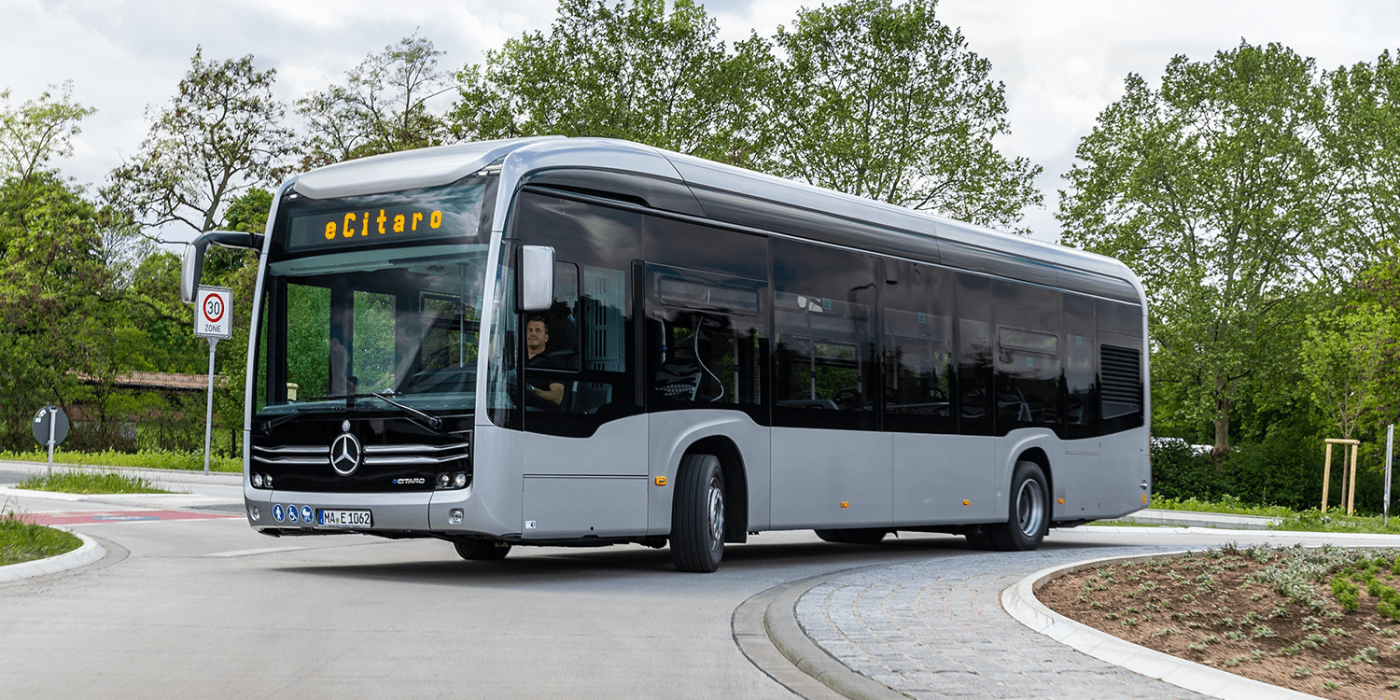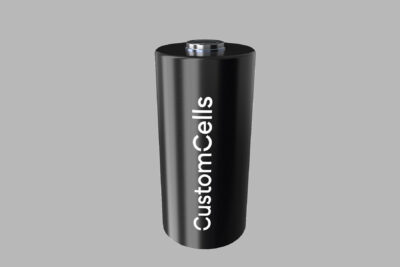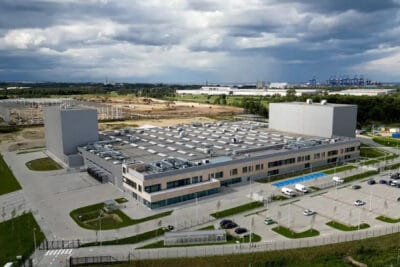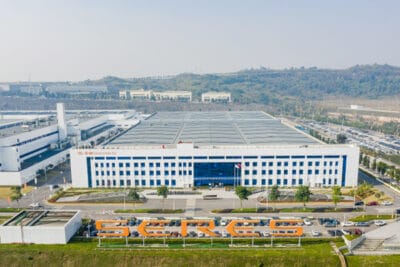ÜSTRA factory recycles old eCitaro batteries
The partners of the GUW+ model project are dedicated to the re-use of batteries from electric city buses and will now realise a stationary energy storage system in a rectifier substation of the ÜSTRA based on batteries that were previously used in eCitaro city buses.
Against this background, Daimler Buses will become an associated partner of the project. Mercedes-Benz Energy GmbH, a subsidiary of Mercedes-Benz AG specialising in the development of energy storage solutions, is responsible for the development and implementation of the second-life application.
The pilot storage system of ÜSTRA Hannoversche Verkehrsbetriebe AG will have a capacity of around 500 kWh and will be made up of around 20 battery systems that have previously served for thousands of kilometres in the eCitaro for test drives.
The storage unit is to be used from the fourth quarter of 2021 in ÜSTRA’s new rectifier substation in Hanover – to co-supply the light rail vehicles and electric buses (Mercedes-Benz just delivered 48 eCitaro to ÜSTRA in Hanover). “The energy storage system serves as a buffer for the efficient use of the recuperation energy generated during light rail operation and enables the balancing of peak loads, continued operation in the event of grid failures and the supply of the public charging infrastructure,” Daimler states.
From the Stuttgart company’s point of view, the continued use of the batteries improves the eco-balance of the eCitaro in addition to the already “considerably more favourable CO2 footprint compared to conventionally powered city buses”. According to the manufacturer, the service life of the batteries with NMC technology in the eCitaro ends after about five to six years at a capacity of about 80 per cent. After that, the necessary range of the city buses is no longer guaranteed.
In stationary operation, however, the batteries are usually still fully operational. This is now to be demonstrated once again at ÜSTRA. Holger Elix, Head of Infrastructure at ÜSTRA, emphasises that the acquisition costs of electric buses posed a particular challenge for transport companies, whereby “the stationary reuse of the batteries within transport operations can create additional amortisation paths in perspective and thus further accelerate the electrification of road-based public transport”.
As mentioned, the construction of the energy storage system is being developed and demonstrated as part of the GUW+ joint project funded by the Federal Ministry of Transport and Infrastructure. In addition to the consortium leader Alstom Transport Deutschland, the consortium includes the companies Elpro and Motion Control and Power Electronics, the Fraunhofer IVI in Dresden and the TU Dresden. ÜSTRA AG is involved as a demonstration partner, Daimler Buses now as an associated partner. The project, which started in 2019, will run for three years.
For its part, Mercedes-Benz Energy GmbH has already accumulated expertise in the area of second-life and spare parts storage. Together with partners, the company has to date brought three large-scale storage facilities with a total of around 50 MWh of energy from automotive battery systems onto the German grid. The first second-life battery storage system was connected to the grid in October 2016 in Lünen, Germany.
With reporting by Cora Werwitzke, France.





0 Comments